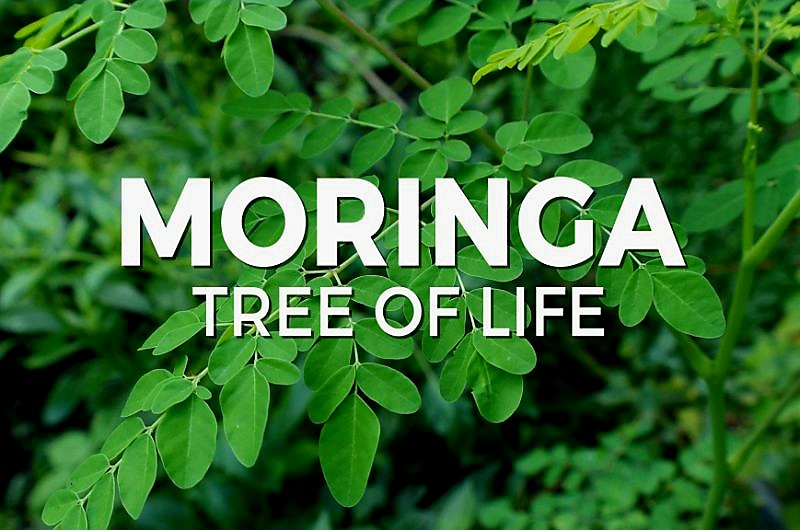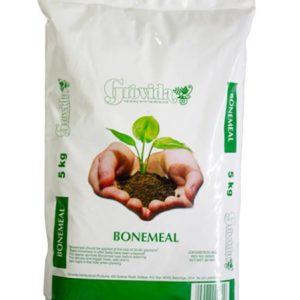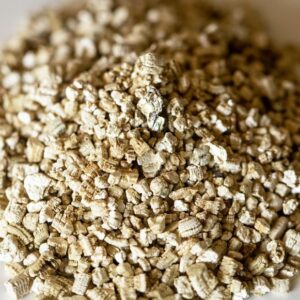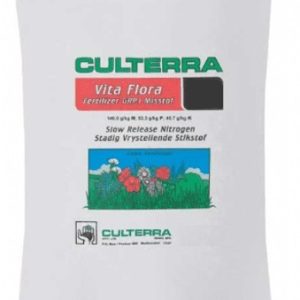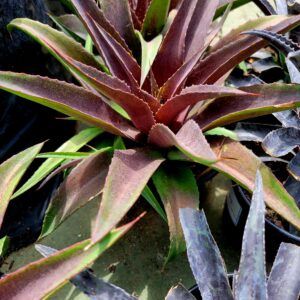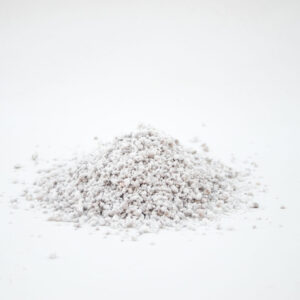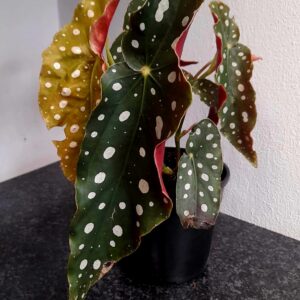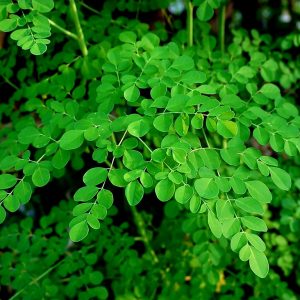 Moringa tree (Moringa oleifera) , also known as the Miracle Tree due to its super food and health bebefit qualities, are becoming increasingly popular as people are getting to learn more about their many uses.
Moringa tree (Moringa oleifera) , also known as the Miracle Tree due to its super food and health bebefit qualities, are becoming increasingly popular as people are getting to learn more about their many uses.
Extremely fast-growing. Under the right conditions, it can grow up to 3 meters within a year.
Moringa, packed with nutrients and antioxidants, makes a perfect tree to grow in your garden. When it comes to gardening, few plants are as easy or as rewarding to grow as moringa trees. Hardy and very fast-growing, these trees can thrive in a wide range of climates and soil types. Thus, you don’t need to worry much about moringa tree care. And once they are established, they require very little water or fertilizer to stay healthy.
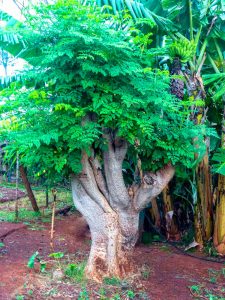 The best part about growing this tree in your garden is that not only is every part of it beneficial, but you can cut your tree back to be as small and manageable as you need it to be, you can grow in large containers or let it grow out to become a beautiful 12m tall shade tree.
The best part about growing this tree in your garden is that not only is every part of it beneficial, but you can cut your tree back to be as small and manageable as you need it to be, you can grow in large containers or let it grow out to become a beautiful 12m tall shade tree.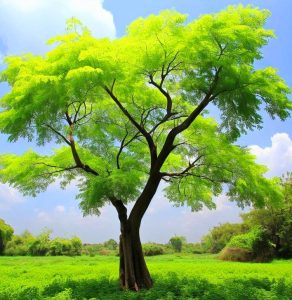
Health benefits of moringa:
Moringa has 90 bioactive compounds.
Moringa leafs contain 19 amino acids, 17 fatty acids and high concentrations of vitamin E and beta-carotene. Gram for gram, moringa also have 25 times more iron than spinach, 4 times more protein than eggs, 10 times more vitamins and 5 times more beta-carotene than carrots, 7 times more vitamin C than oranges, 17 times more calcium than milk, and 15 times more potassium than bananas.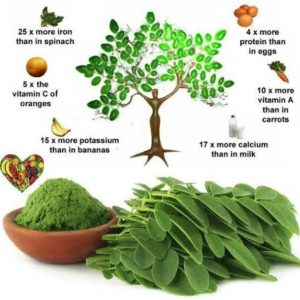
Moringa works as a natural multivitamin.
It can help fight malnourishment and Its rich iron content makes it beneficial for those suffering from anemia. The high content of vitamin C further boosts the bioavailability of iron. So, moringa is super powerful if used correctly. Let us now dive into its health benefits:
Moringa lowers inflammation.
Most diseases today, from cancer to Alzheimer’s, cardiovascular disease, gut issues, and even diabetes – are inflammatory related. The antioxidants present in moringa leaves reduce inflammation. It is also used widely for autoimmune conditions like arthitis, eczema, psoriasis and multiple sclerosis, among others, thanks to its pain-relieving properties. In the olden days, people would crush moringa leaves into a paste with water. They would apply this paste to pain points on the body for relief.
Moringa is great for heart health.
When you have inflammation in the heart or have plaque forming in your arteries and endothelial lining, your cells can get inflamed. Moringa’s antioxidant properties help lower this inflammation.
Use moringa to tackle allergies and lower diabetes.
Moringa is also rich in antioxidants like quercetin and chlorogenic acid. While quercetin (an antihistamine) helps with allergy symptoms, chlorogenic acid helps manage blood sugar levels. It is effective in lowering diabetes. If you are on diabetes medication and also using moringa – be careful. Track your sugar levels to ensure you do not go into hypoglycemia. Use moringa under supervision.
Moringa help lower high blood pressure.
If you struggling with high blood pressure, moringa can help you lower your blood pressure naturally. However, if you are on high blood pressure medication, a note of warning, you don’t want to be in a situation where your medication, moringa, and lifestyle are all working together and resulting in low blood pressure. So if you are already on a blood pressure medication, make an informed decision.
Moringa is rich in calcium.
It is beneficial for nursing mothers. It can boost lactation and improve the quality of breast milk by making it calcium-rich for the baby.
Moringa has anti-aging properties and boosts skin and hair health.
Loaded with antioxidants and anti-aging compounds, moringa leaves lower the effects of oxidative stress and inflammation, thus slowing down aging. Its antibacterial, antifungal, antiviral properties boost your skin and hair. It is effective while managing breakouts and acne, can prevent scalp infections, boost hair growth, and get rid of dandruff.
Moringa helps with cancer management.
Science today has also labeled moringa as anti-cancerous (killing cancer cells). But this does this mean it can take away your existing cancer? NO. Given the moniker of miracle tree, moringa can indeed assist with management and recovery in cancer patients. It boosts their immunity, provides the much-needed antioxidant support, and keeps them well-nourished.
When you’re on heavy medication like steroids, moringa can help manage the side effects by stimulating your immune system. It helps correct signaling pathways that have gone wrong and reduces inflammation. Moringa is packed with flavonoids and polyphenols that are crucial for your immune system to fight germs, pathogens, viruses, or as mentioned, even cancers.
Moringa leaves are also rich in the bioactive compound – niazimicin B. It is known to inhibit tumor growth and promote apoptosis (killing cancer cells).
Moringa can break fevers and provide relief from diarrhea.
The next time you have a fever that won’t break or have a bad case of the runs, try drinking moringa tea.
Moringa is hepatoprotective.
This means it plays a huge role in protecting the liver. It is particular recommend to cancer patients because their liver is susceptible to damage after heavy chemotherapy and radiation treatments. Moringa is also potent in managing cirrhotic and alcohol-induced fatty livers. It is also great for kidney protection. But again, it needs to be consumed under the supervision of your healthcare expert to ensure that it does not interfere with any medications or conditions that you may have.
Moringa is beneficial for those with thyroid problems.
It is effective for those with both – hypothyroidism and hyperthyroidism. But again, if you are on medication for thyroid – always track your levels. You do not want both your medication and moringa to work rapidly and fluctuate your levels so much that you have a new problem. Always make an informed decision under medical supervision.
Moringa promotes wound healing.
Pack wounds with moringa leaves to encourage rapid wound healing. You can also mix moringa oil with a carrier oil like coconut or sesame and apply it to insect bites for relief.
The Key Nutrients of the Moringa Tree!
Vitamin A
By providing abundant Vitamin A, Moringa benefits in:
• The prevention of blindness (night blindness and complete blindness)
• Prevention of maternal mortality
• Lactation / breast milk production during pregnancy
• Boosting weak immune systems, enabling the body to fight infections
Vitamin C
The Moringa benefits of Vitamin C helps prevent:
• Scurvy – scurvy causes spongy gums, bleeding from the mucous membranes, and formation of spots on the skin. The spots are denser on the thighs and legs and a person with the disease looks pale, is partially immobilised and feels depressed. In advanced scurvy, open, puss producing wounds and loss of teeth may occur.
• High blood pressure (hypertension)
• Weakness, physical or mental weariness
• Swollen gums, nosebleeds
Potassium
The Moringa benefits of providing abundant potassium help prevent:
• Hypokalemia (low amount of potassium contained within the blood)
• Fatigue
• Problems such as Myalgia (muscle pain) and muscular weakness
• Hyponatremia (low amount of sodium contained in the blood)
• Acne
• Skin related problems such as blistering, skin eruptions, dryness, etc
• Temporary memory loss problems
• Heart related problems, such as heart deterioration
• Digestive system problems
• Hypertension (high blood pressure)
• Sleep disorders
• Nervous system deterioration
• Depression
• Constipation
• Ringing / noise in ear
Iron
By providing abundant iron, Moringa health benefits help prevent:
• Anaemia
• Fatigue
• Irritability
• Weakness
• Shortness of breath
• Dizziness
• Pale skin colour
• Sore tongue
• Brittle nails
• Decreased appetite (especially within children)
• Headache – frontal
Protein
The Moringa benefits of protein helps prevent:
• Edema – a collection of fluid under the skin, which most commonly affects the legs, feet, and ankles, but can occur anywhere on the body.
• Weight loss
• Thinning or brittle hair, hair loss
• Deep ridges or lines in toe and finger nails
• Skin becomes very light, burns easily in the sun
• Reduced pigmentation within the hair, on the scalp and the body
• Skin rashes, dryness, flakiness
• General weakness and lethargy
• Muscle soreness and weakness
• Slowness in healing scrapes, cuts, wounds, and bruises
• Bedsores and other skin ulcers
• Difficulty sleeping
• Headache
• Nausea and stomach pain
• Fainting, crankiness and moodiness
• Severe depression
• Anxiety
• Lack of energy, lethargy
How to add moringa to your meals?
Dry the leaves and powder them. When dried and crushed into a powder, these are even more powerful than fresh leaves. Add a spoonfull of this homemade moringa powder to any dish to boost its nutrition.
Brew crushed dried moringa leaves. Moringa tea is quite bitter on its own when you mix it with only water. Try adding it to your coffee, cordial or rooibos tea because it takes away the taste of the moringa completely.
Extract the juice from fresh leaves and add it to smoothies, juices, soup, sauses, stews and chutneys.
Add fresh leaves and flowers to your salads or cook fresh leaves with other vegetables such as spinage.
